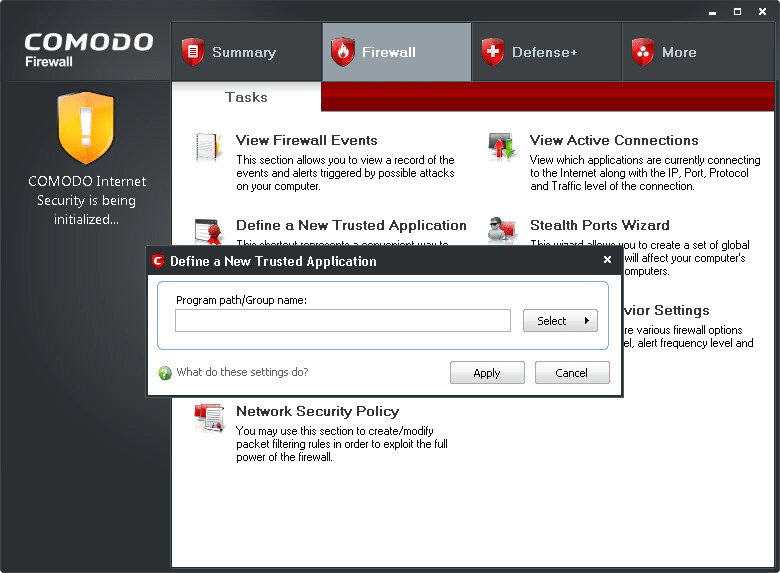
Federal Bureau of Investigation (FBI) about BEC schemes where cybercriminals use spoofed email domain addresses to initiate the bulk purchase of goods from vendors in the US.Īccording to the FBI, the orders seem legitimate, but the cybercriminals provide fake credit references and fraudulent forms to vendors and ask for credit repayment terms, which allows them to place orders without providing upfront payment. The arrests were announced alongside a fresh warning from the U.S. The suspects, two men and two women, are charged with possessing and producing false documents, dishonestly dealing in personal financial information, and dealing in proceeds of crime. Individual losses ranged between $2500 and close to $500,000, with one Indonesian company losing over $100,000 in a BEC attack. Overall, the group is believed to have laundered more than $1.7 million from BEC attacks, Facebook marketplace scams, and fraudulent superannuation investments. Bank accounts in South Africa were used to launder roughly $1.1 million.

The group, authorities say, orchestrated more than 15 sophisticated cybercrime attacks and allegedly operated approximately 180 bank accounts to support criminal activities.īetween January, 2020, and March, 2023, police say the cybercriminals created more than 80 bank accounts using stolen identities, to transfer stolen money out of Australia.

The Australian Federal Police on Friday announced the arrest of four individuals accused of being involved in business email compromise (BEC) and other types of online fraud.


 0 kommentar(er)
0 kommentar(er)
